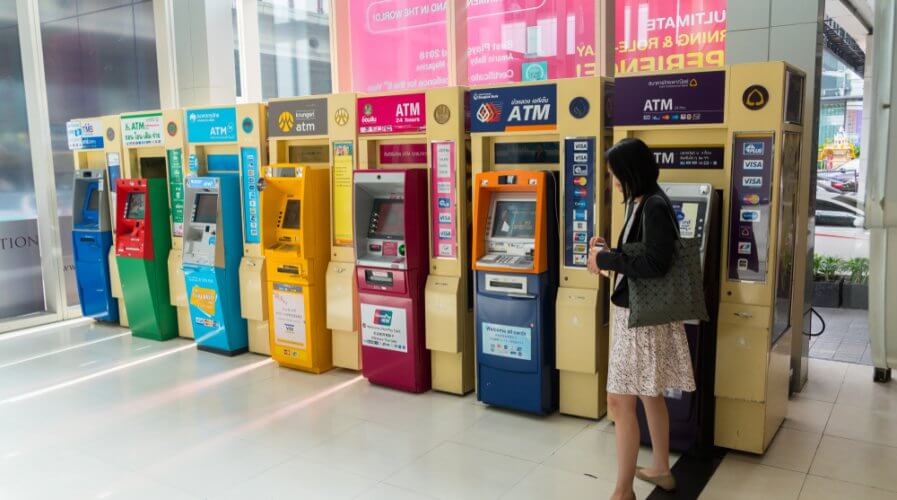
Digital banking in Thailand is set to pick up in 2020. Source: Shutterstock
Thai central bank keen to lay foundation for digital banking in the country
THAILAND is in an exciting position right now given that its internet economy has grown manifold to reach US$16 billion. If it plays its cards right, the country can continue on that trajectory.
Of the several initiatives launched recently, the country’s central bank is working on laying the foundation for digital banking in the country.
In light of Singapore’s announcement about the 21 applications it received for the five digital bank licenses it is prepared to offer, Thai central bank governor Veerathai Santiprabhob said that the country lacks the infrastructure to set up digital banks — but is keen to offer more digital banking services to the people.
Santiprabhob told Bloomberg that the country still needs electronic lending services, among other digital banking capabilities, for which it will need to work with established as well as new players.
“It cannot be the central bank alone,” the Thai central bank governor told the New-York based media house.
Fortunately, banks such as Siam Commercial Bank, Kasikornbank, Bangkok Bank, and Krung Thai Bank, among others, are working on acquiring the digital capabilities that the banking industry in the country lacks, in comparison to regional peers such as Singapore, Hong Kong, and Malaysia.
Although Santiprabhob said “[…] Thailand might not have the ecosystem ready like in Singapore or Hong Kong”, he did point out that the country understands what needs to be done in order to prepare itself and get on par with markets overseas.
Thai officials believe that the three key pillars needed to build digital banks are (i) data from non-financial sources (ii) an electronic identification system, and (iii) a suitable regulatory framework.
Truth be told, the key pillars identified are also the essential ingredients required to support any digital ecosystem, financial or non-financial.
It’s why Malaysia has just invested in developing a digital national identity system under the leadership of the Ministry of Communications and Multimedia Commission (MCMC).
“A national digital ID serves as a secure and trusted digital credential as well as a platform for authentication that can improve convenience, promote inclusivity, reduce the cost of access to services, and enhance service delivery to Malaysians where online transactions are concerned,” said MCMC Chairman Al-Ishsal Ishak.
Although the comments of Thailand’s central bank governor offer confidence, the body has a lot of ground to cover before it can actually launch the digital banking services it seeks to offer to citizens, and offer digital bank licenses like the ones Singapore is going live with.
If all goes according to plan, players in the country’s banking industry should be able to announce new and exciting digital services every few weeks.
READ MORE
- The criticality of endpoint management in cybersecurity and operations
- Ethical AI: The renewed importance of safeguarding data and customer privacy in Generative AI applications
- How Japan balances AI-driven opportunities with cybersecurity needs
- Deploying SASE: Benchmarking your approach
- Insurance everywhere all at once: the digital transformation of the APAC insurance industry


